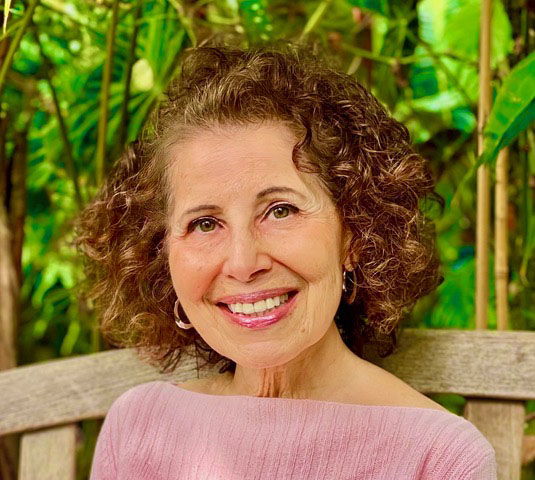
Jewish comfort food showed up in one of Lesléa Newman’s first children’s books, “Matzo Ball Moon.” It has been making appearances in her work ever since.
“[Food is] part of our every holiday, every Shabbat,” author and poet Newman told the Journal. “It’s really important to … literally break bread – break challah, break matzah – depending on the holiday.”
She added, “It’s a way to show love, it’s a way to nourish each other, literally and figuratively… it does invoke a sense of community.”
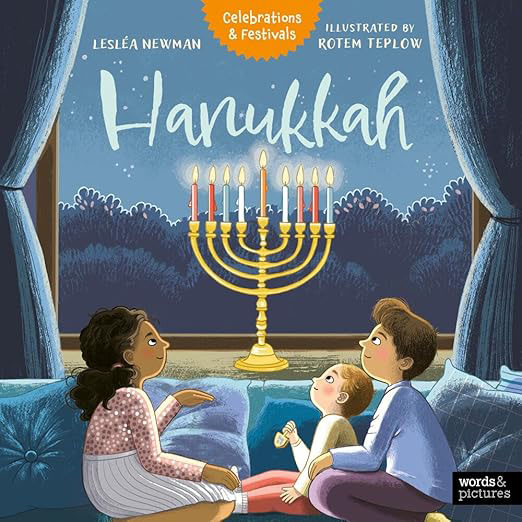 Although Newman’s titles, which include “The Babka Sisters,” “A Sweet Passover” and the recently released “Hanukkah,” are fiction, they are based on her own experiences.
Although Newman’s titles, which include “The Babka Sisters,” “A Sweet Passover” and the recently released “Hanukkah,” are fiction, they are based on her own experiences.
For instance, “A Sweet Passover” is about a little girl who is sick of matzah. Then, her grandfather, based on Newman’s father, makes a matzah brei.
“Through making the matzah brei [it] tells the story of Passover,” Newman said. “And at the end of the book, of course, the little girl changes her mind, and she and her grandfather make the matzah brie together.”
“Hanukkah” also guides the reader through the holiday via the family’s traditions.
“Different guests come to the table and they all bring food, they spin the dreidel,” she said. “They just have a wonderful time together; it’s very hamish.”
Most of Newman’s cooking specialties are Jewish foods that she learned from her grandmother, who also appears in a lot of her children’s books.
“My grandmother was from the old country, and she was a real balaboosta, which is someone who really runs the kitchen well’” Newman said. “She used to say [that] she could make a meal out of a potato and half an onion.”
Although Newman’s mother was not the world’s greatest cook, she called her one of the world’s “greatest defrosters.” Newman’s cooking skills are somewhere in between. She is known for her chicken soup with matzo balls; she also makes wonderful applesauce and latkes. Her recipe for year-round latkes is below.
Newman writes books for adults as well, though her first love is poetry. She has a lot of poems about food, too!
“I grew up in Brooklyn and then when I was eight, we moved to Long Island, which I really was very unhappy about,” she said. “One reason was because my grandmother, who lived across the street from us from Brooklyn, now lived a 45-minute car ride away.”
Nobody suggested Newman start writing poetry to feel better. Somehow, innately, she did.
If you want to write poetry, it’s important to read poetry.
“If you don’t know where to start, you can pick up an anthology that has poetry written by many people, and, when you find some poets in there that you like, go buy their books,” she said. “I find whenever I’m not sure what to write next, reading poetry really can be very inspiring.”
Develop a habit of writing, Newman said, “And you will be amazed, surprised, and delighted by the genius that lives inside of you.”
When asked what she hopes children get from her books, Newman talked about the concept of mirrors and windows.
“When a child reads a book that, if the family in the book is like their own, it’s like looking in a mirror,” she said. “If the family is not like their own, it’s like looking through a window and seeing another culture.”
There are also sliding doors, which is a way for the reader to enter the world of the story.
“It’s really important for kids to see themselves in books and it’s really important for kids to see families and kids, who are not like themselves, so they learn about the world,” she said. “I hope … Jewish children will see themselves in these books and feel proud, excited and like they have a place to belong.”
Learn more about Lesléa Newman – her books and poems – at LeselaNewman.com.
For the full conversation, and to hear Lesléa Newman’s knish poem, listen to the podcast:
Latkes and Applesauce for Hanukkah or All Year Round
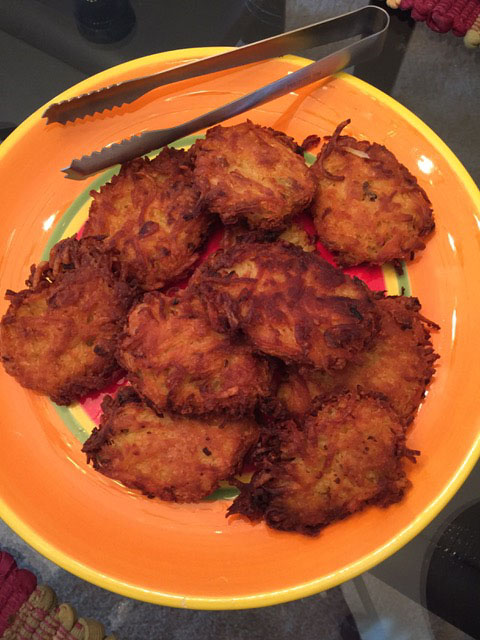
For the latkes
6 large potatoes
3 eggs
½ cup to a cup of matzo meal
vegetable oil as needed
Peel the potatoes and then use either a grater or food processor to grate them. I’m old-fashioned so I use a grater (and often work up a sweat!).
Place the shredded potatoes in a large bowl. If they are watery, drain off the liquid.
In a separate bowl, crack the eggs and whisk them with a fork. Add to the potatoes.
Add ½ cup of matzo meal to the potato/egg mixture. Mix everything together well. If the mixture is too soupy, add more matzo meal. You can also drain the mixture again.
Pour a good layer of vegetable oil into a large frying pan. Make sure the bottom of the pan is completely covered.
Once the oil is sizzling, place a tablespoon of the latke mix into the frying pan and flatten with a spatula. Repeat until there is no more room in the frying pan.
When the latkes look like they are becoming crispy, flip them over and cook the other side.
When both sides of the latkes are crispy, place on a paper bag or paper towel to soak up the excess oil. Serve hot (but be careful not to burn your tongue).
For the Applesauce
12 ripe apples (I use Macintosh, very ripe, just this side of mushy)
1/2 cup of water
sugar, brown sugar, and cinnamon to taste
Peel and core a dozen ripe apples and cut into very small pieces.
Place apples in a pot with about 1/2 cup of water.
Bring to a boil and cook apples until they are mushy
While the apples are cooking, add sugar, brown sugar and cinnamon to taste.
When the apples are very soft and mushy, turn off the stove and mash them with a potato masher (I always leave the applesauce a bit lumpy).
Serve hot or cold. Goes magnificently with latkes!
Debra Eckerling is a writer for the Jewish Journal and the host of “Taste Buds with Deb.” Subscribe on YouTube or your favorite podcast platform. Email Debra: tastebuds@jewishjournal.com.







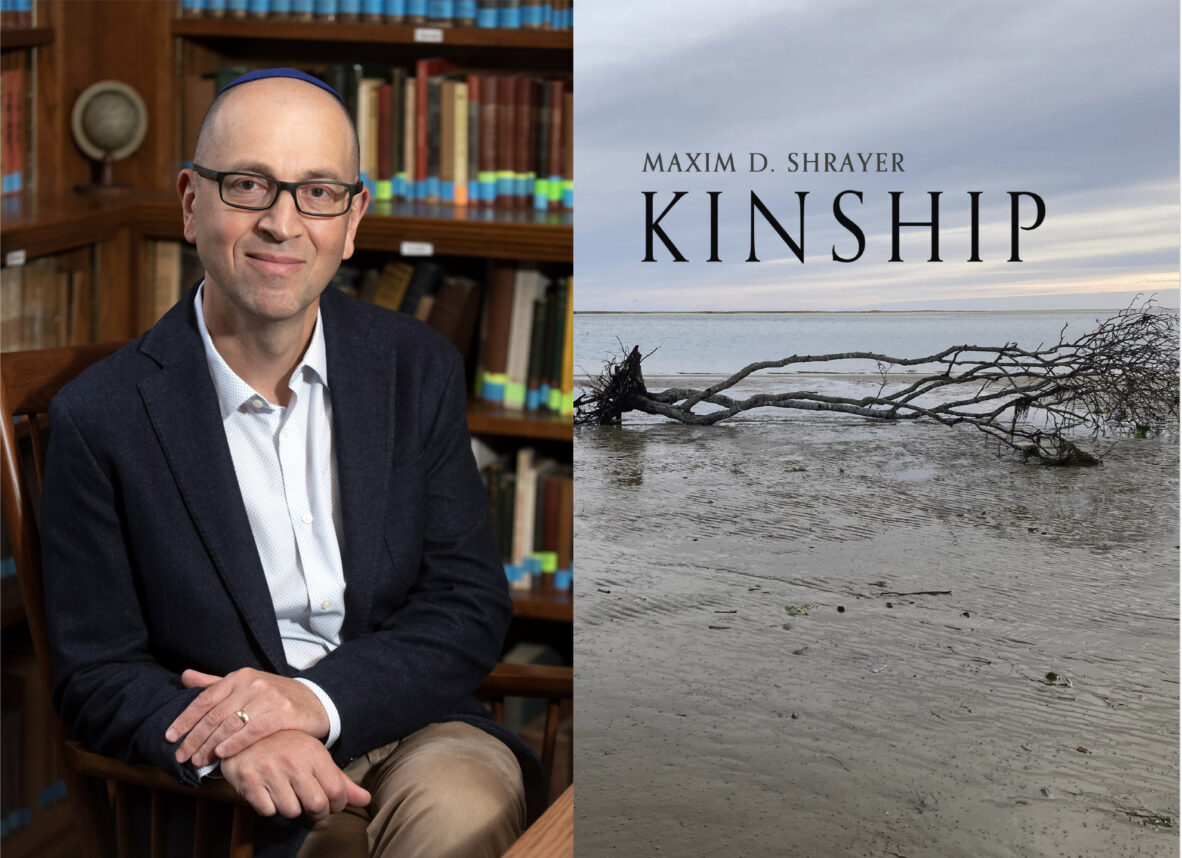
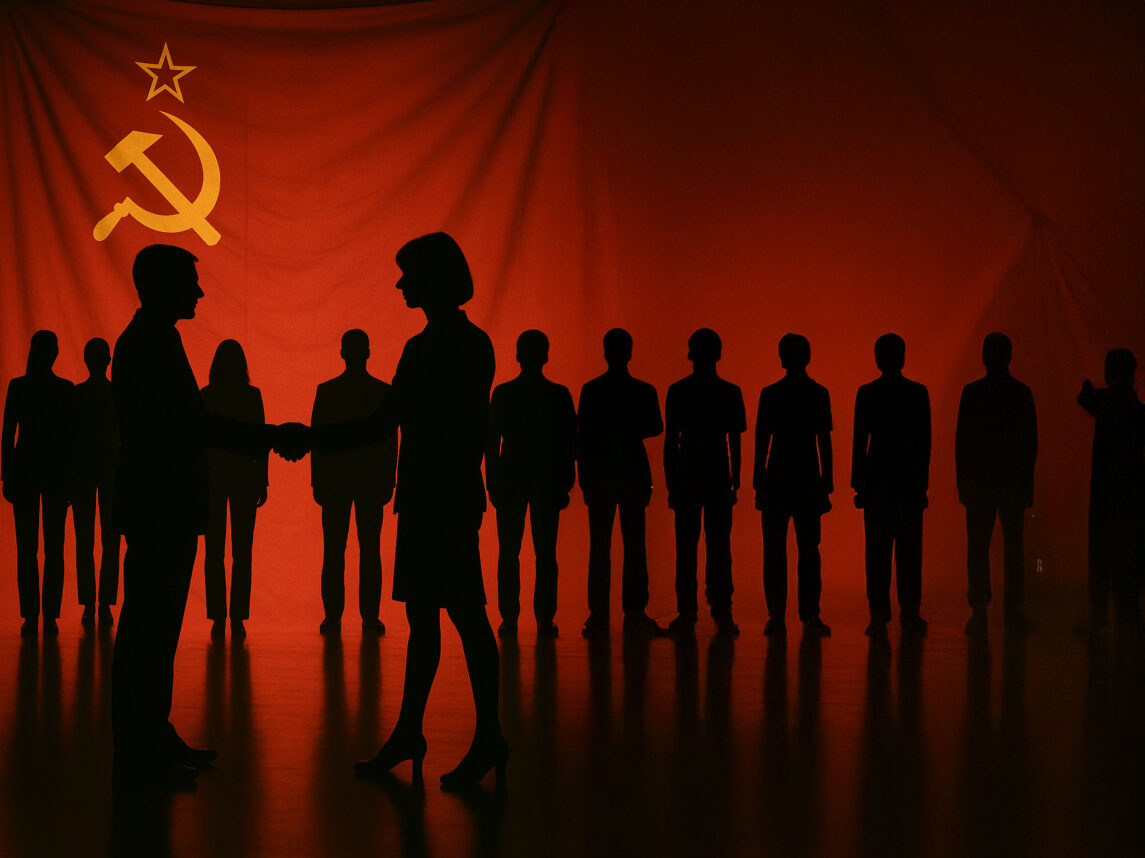
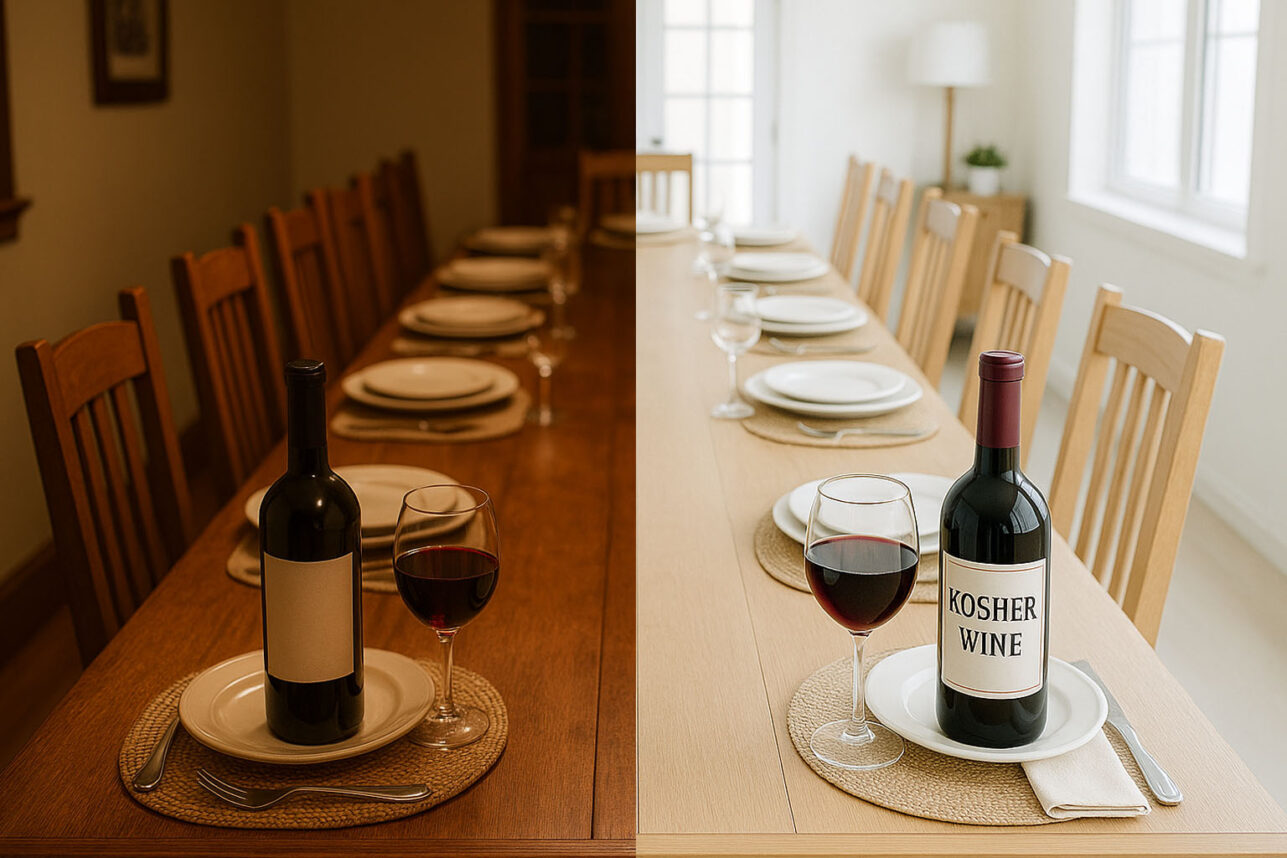


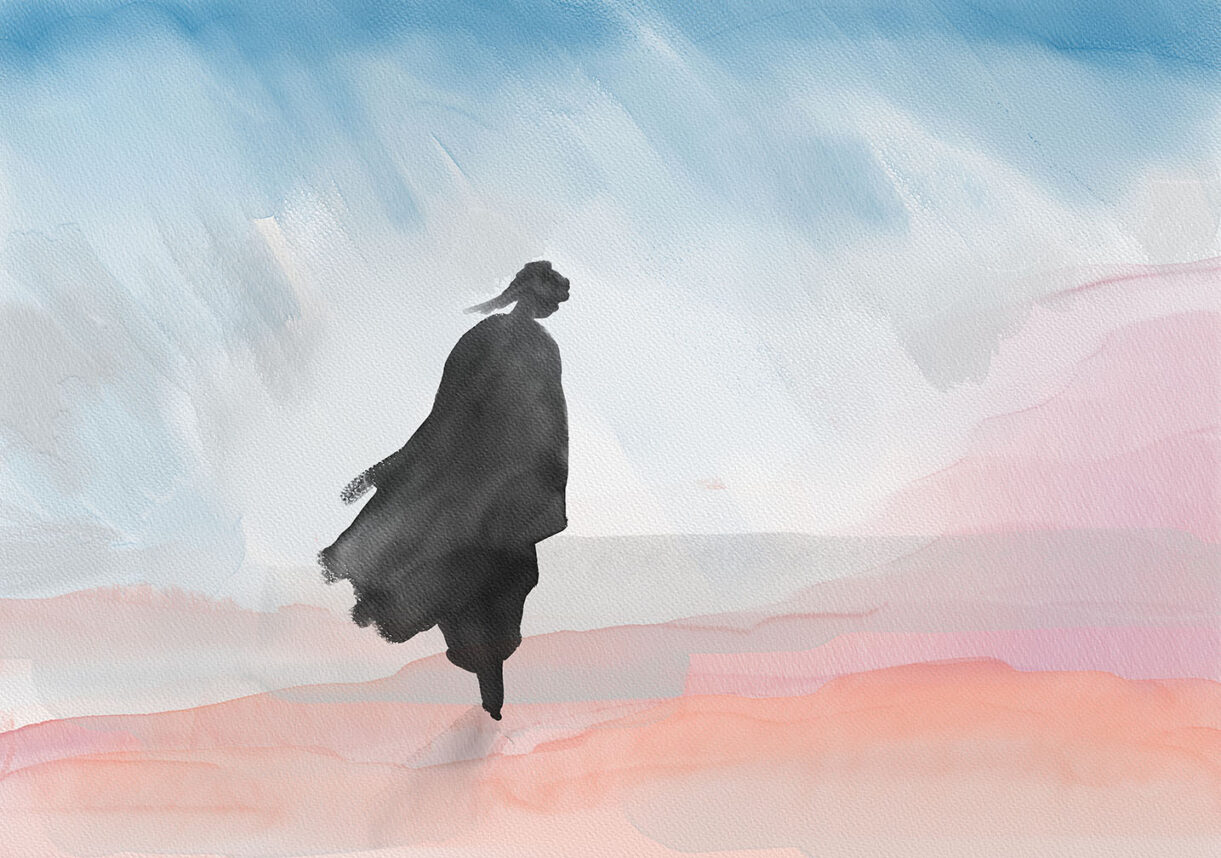
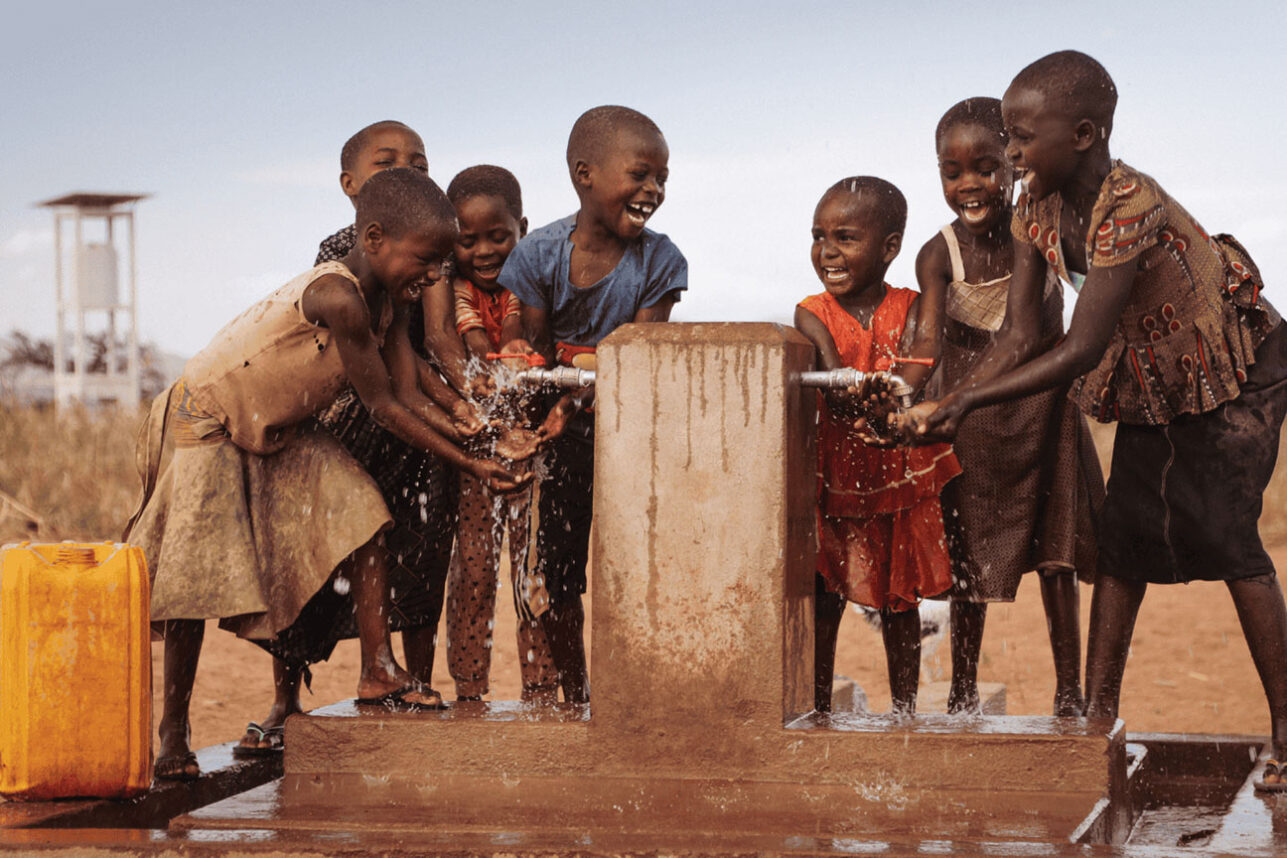
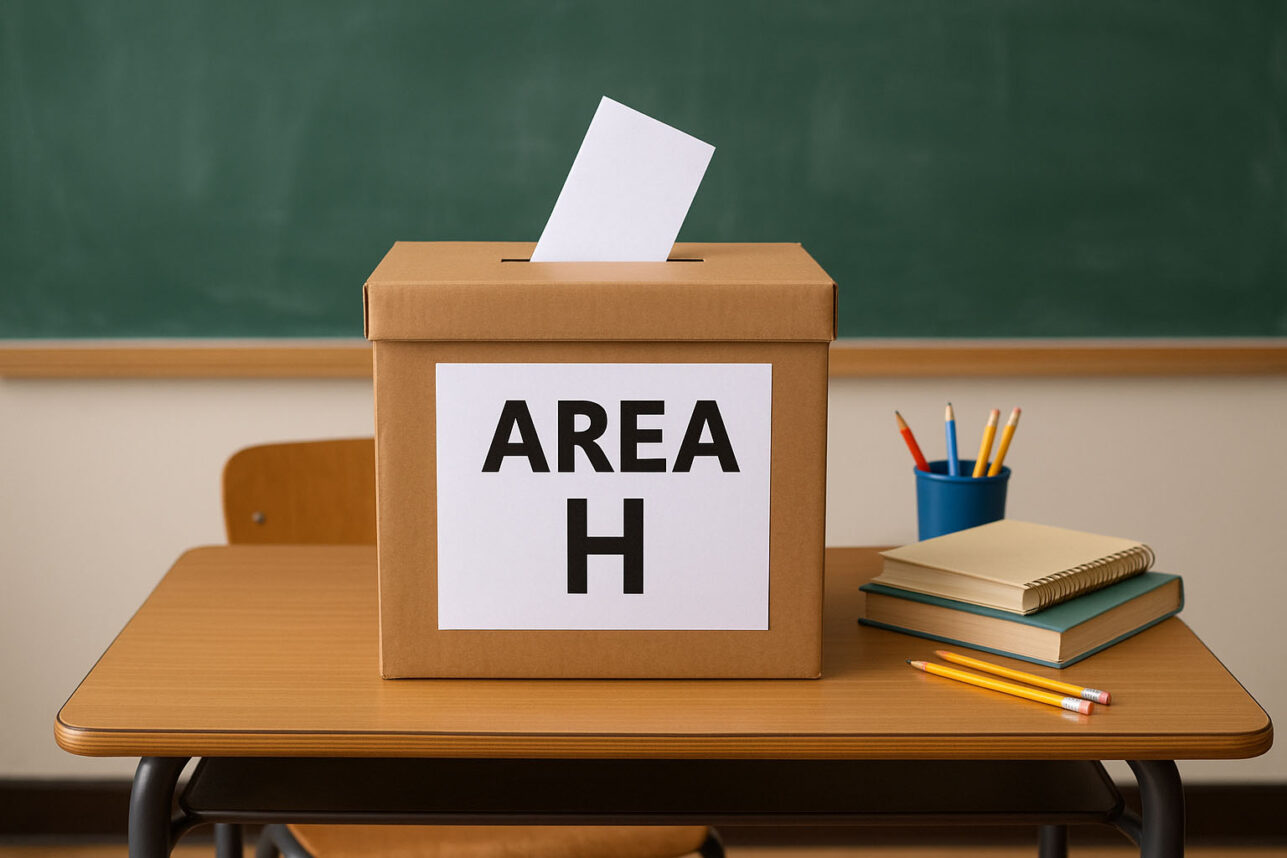
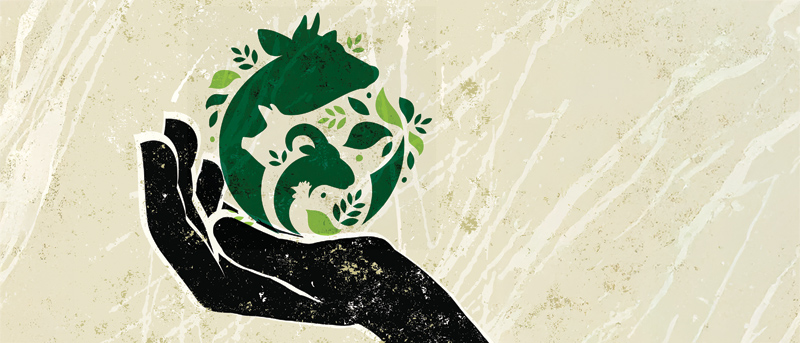
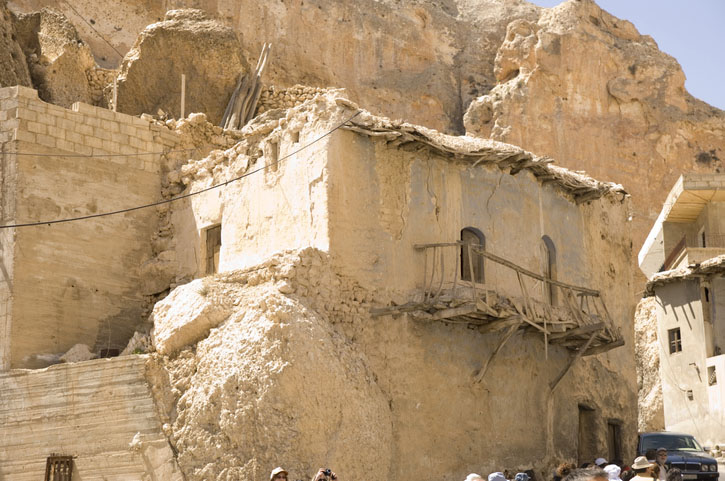
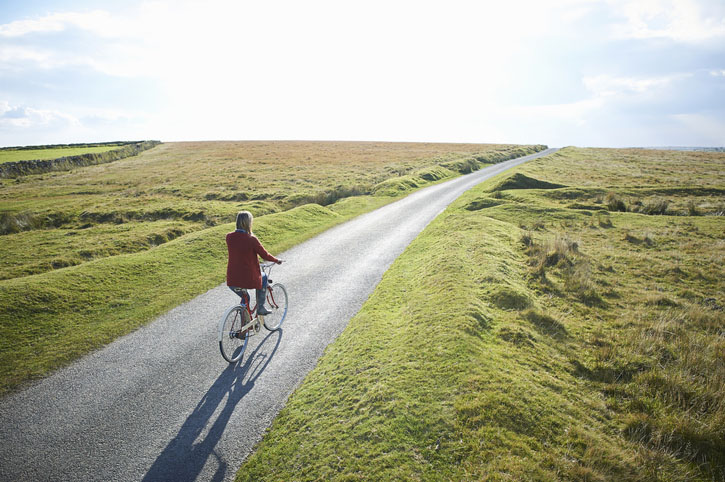



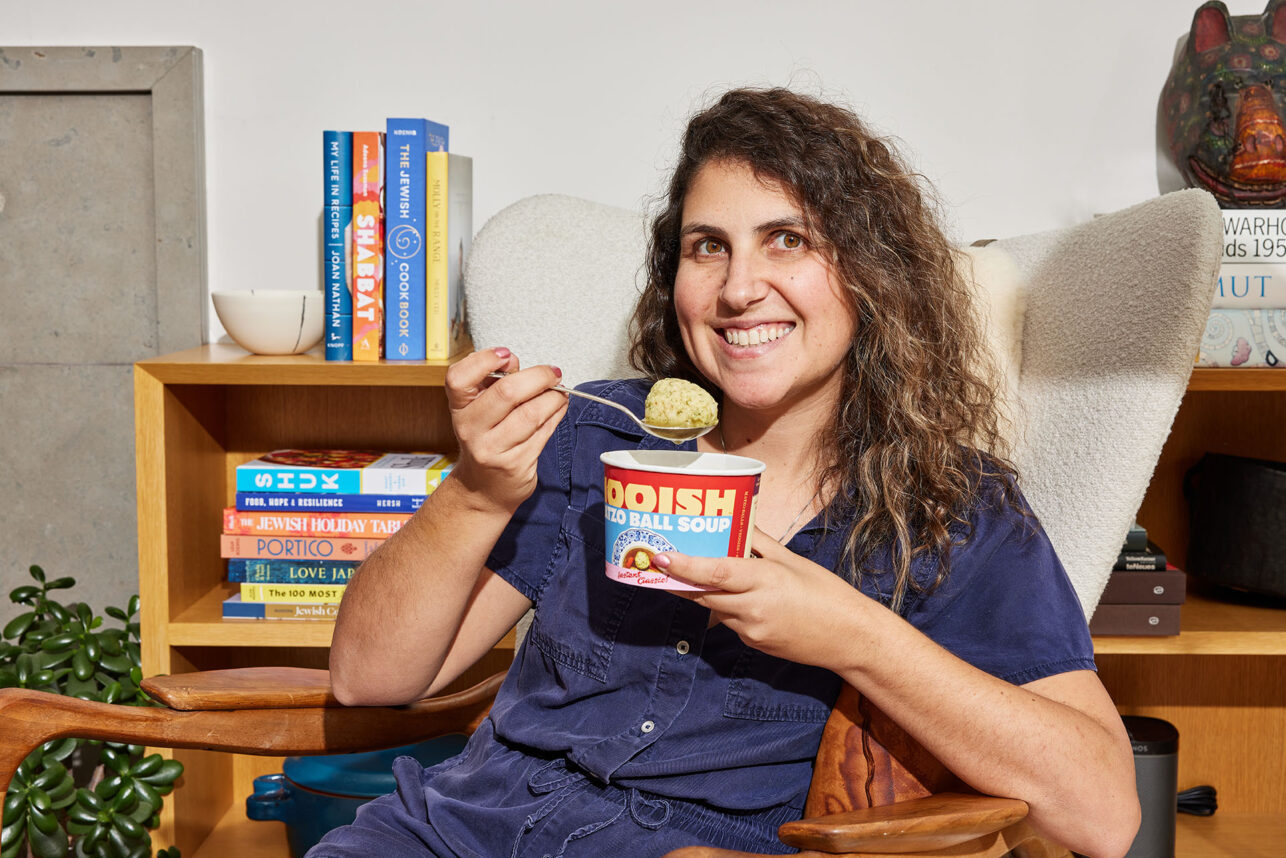


 More news and opinions than at a Shabbat dinner, right in your inbox.
More news and opinions than at a Shabbat dinner, right in your inbox.